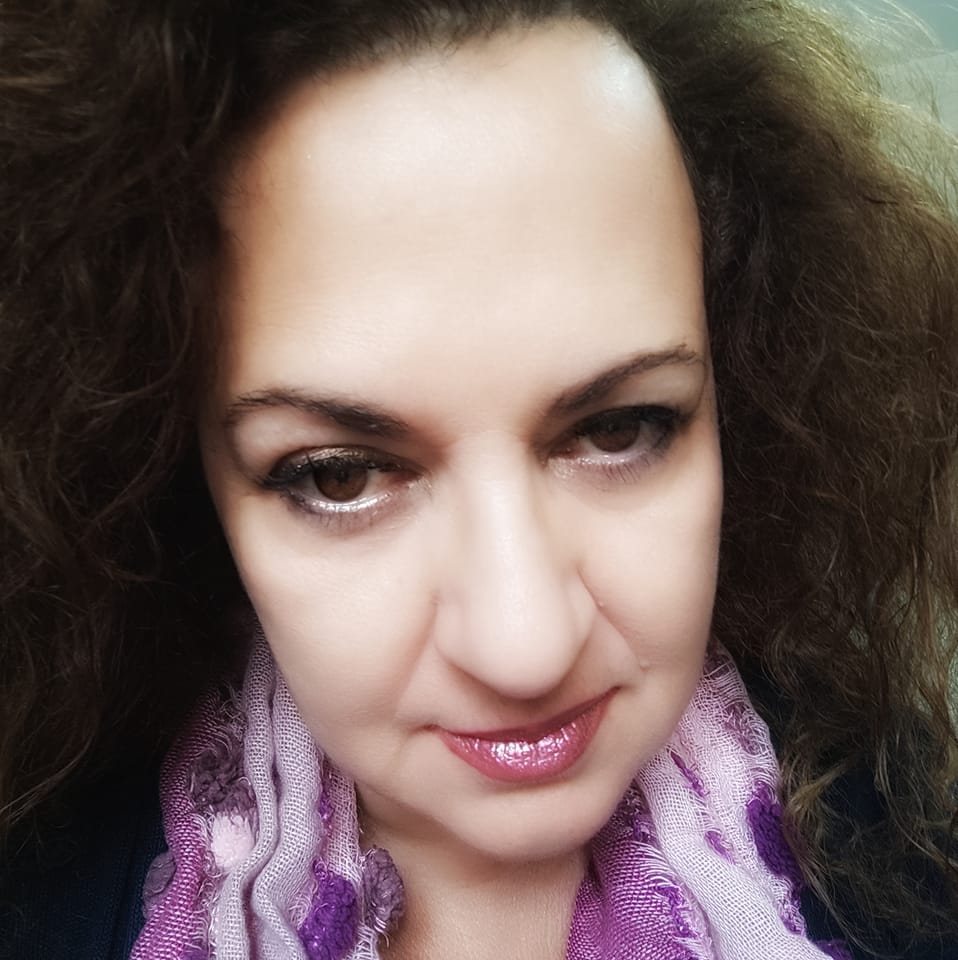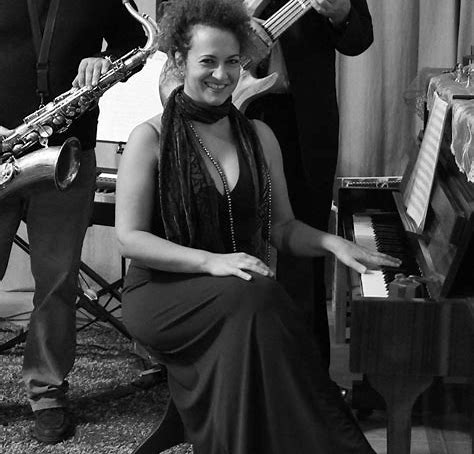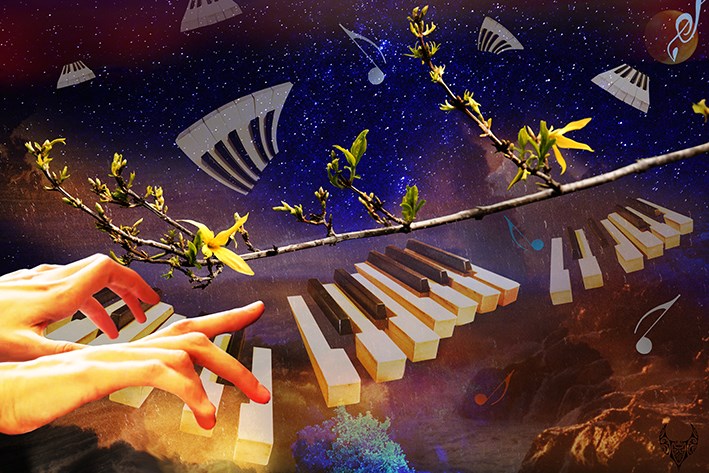About
Music is not an abstract entity for me. Nor is it a lofty concept hovering in some obscure place over my head. Music is, quite simply, an integral part of who I am. Because of this symbiotic condition, I find it rather difficult to cast my 'approach' to music in words, since there is no distance between us. Music is an additional protein in the nuclei of my bodily cells, a piece of my constitution. It has been, and still is to this day, the greatest of my passions. By her, through her and with her I can be my true self. My compositions are an extension of my emotions, my intellectual unrest, my poetic throes, my roiling passions, my very self. I compose...because I must. I began composing rather late in life. Why? Because I never believed in my capabilities. I had made an attempt at composing when I was younger, but it was met with cool reception on behalf of one of my mentors, who had gone literally out of his way to discourage me from composing, so I decided I had better give up an activity for which I was not suited. After a very long time lapse, and through a rock and blues band, I began to write songs. They were met with such consensus that I suddenly realized that this is what I wanted to do, more than anything else. I began composing, and cannot live without doing so now. My experience as teacher, choir conductor and mentor has taught me much. Not least of all patience and humility. I am grateful to all my past students. Through them I have learnt to be a better person. I firmly believe that man carries the imprint of creation inside him. Whether you believe in metaphysical creation, or the Big Bang, it matters little. We carry that seed. And when we are not in the process of creating or working, we are not in a natural state.
Gaby Kapps was born in Melbourne, Australia, on the 23/4/1970 of italian parents who had migrated to Australia after the war. Her mother, Maria, had a beautiful lyrical voice, while her father, Rocco, wrote poems of melancholy for his lost mother land. Gaby began her musical studies at the age of 11, at the MacDonald School of music and immediately evinced her interpretative strain and musical sensitivity. He instrument was, and still is, the piano. She won a number of piano prizes while still in Australia, and participated in numerous piano and music festivals, where her performances were noticeable for their expressive character. She returned to her parents’ mother land, Italy, at the age of 18. In Catania, Sicily, she attended the CONSERVATORIUM MUSICALE VINCENZO BELLINI, where she obtained her Piano Diploma under the musical teachings and supervision of Maestro Pietro Cavalieri, theory, harmony and analysis with Maestro Riccardo Insolia, morphology with Maestro Spampinato. She also attended chamber music classes at the Conservatiorium. She attended a number of MasterClasses at the L’Ecole International de Musique, Lausanne Switzerland and Tres/Taio in Trentino Alto Adige, with the Maestro Fausto Zadra and Maestro Giovanetti, distinguishing herself and giving recitals during the duration of the piano seminars. She immediately began working as a piano teacher, while she was also also Chapel Music Director at the NAS Sigonella Naval Air base, where her love for choral ensembles began and developed. She later transferred to Greece, after her marriage with a Greek national she had met in Sicily, who was studying Engineering at the Catania University. There she dedicated her time to teaching, concert giving and choral conducting. She also studied band orchestration and musical composition there, at the Apollonion Odeio of Athens , obtaining a diploma in the skill. She began composing late in her life, because, as she often affirms, ‘She did not believe in her capabilities for a very long time’. Through the songwriting experience she realised her talent and greatest passion, that of musical composition. Gaby is also a jazz and blues singer. Gaby Kapps won the February ‘Akademia Music Awards’ Los Angeles, for her string quartet ‘Obsessive Fantasy for String Quartet’ in three movements. She is the proud and happy mother of two talented daughters, Angelica Maria and Antea Cristiana. A role to which she dedicated much time, without regretting one day





